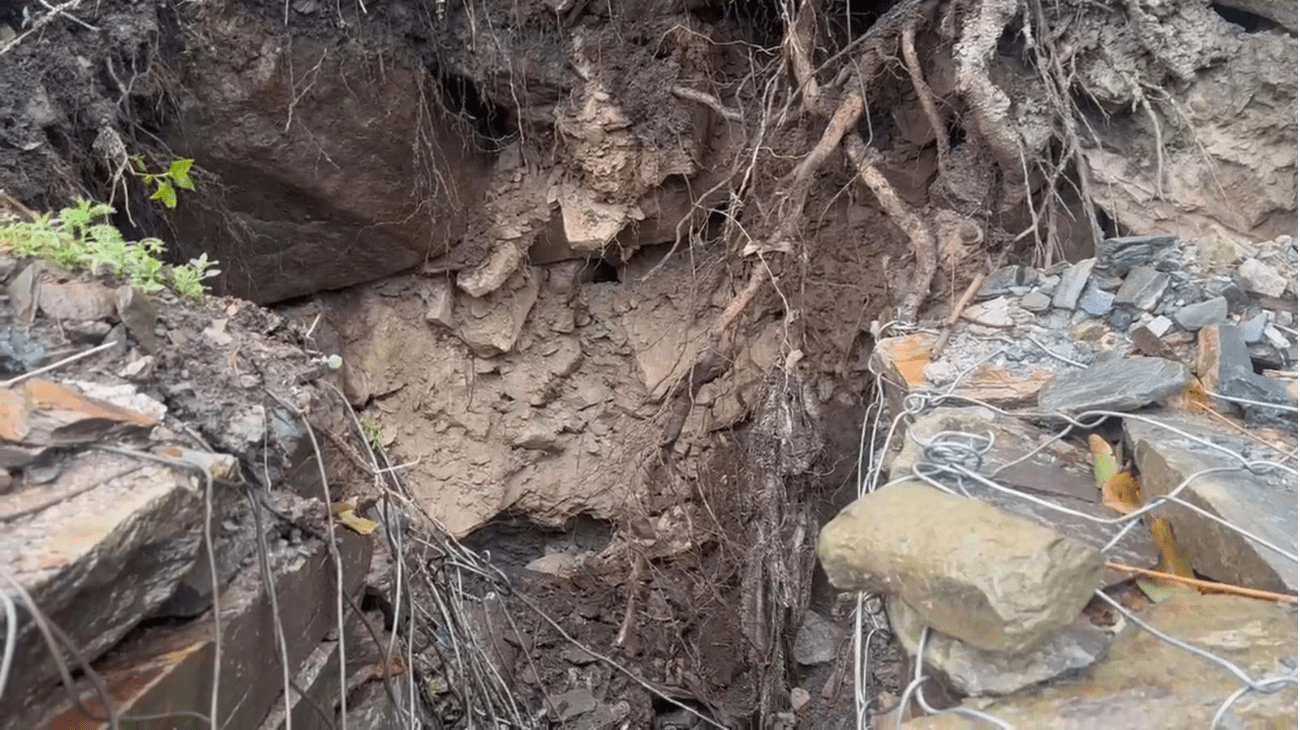Pallavi Sharma
Tourism has long been a stepping stone of global economies, bringing prosperity to regions rich in cultural heritage and natural beauty. However, traditional tourism often comes with a heavy environmental price — deforestation, pollution and excessive resource consumption.
As awareness grows, a new wave of travellers and industry leaders is championing sustainable tourism, prioritising eco-friendly practices that protect destinations while helping economic growth.
Sustainable tourism & key aspects
Sustainable tourism is all about balancing travel with environmental, cultural and economic responsibility. It ensures that tourism benefits local communities while preserving natural and cultural heritage for future generations.
The main aspects of sustainable tourism are:
- Environmental conservation: Protecting ecosystems, reducing waste and promoting eco-friendly practices.
- Cultural respect: Preserving traditions, supporting local artisans and fostering intercultural understanding.
- Economic sustainability: Ensuring fair wages, supporting local businesses and creating long-term employment.
In Himachal Pradesh, sustainable tourism is gaining traction, with initiatives promoting eco-tourism, organic farming tourism and heritage conservation. Globally, destinations like New Zealand and Palau have set strong sustainability commitments.Himachal Pradesh has been actively promoting sustainable tourism through various eco-tourism initiatives that balance environmental conservation with economic growth
Eco-tourism initiatives in Himachal.

- Protected natural reserves: The state boasts of several national parks and wildlife sanctuaries, including the Great Himalayan National Park and Pin Valley National Park, which focus on conservation while allowing responsible tourism.
- Eco-friendly homestays: Villages like Naggar and Tirthan Valley have embraced sustainable tourism by offering solar-powered homestays, organic food and cultural immersion experiences that benefit local families.
- Community involvement: Local residents are encouraged to participate in tourism through handicraft sales, organic farming experiences and guided nature tours, ensuring economic benefits remain within the community.
- Adventure tourism with responsibility: Activities like trekking, river rafting and paragliding are being managed with eco-conscious guidelines to protect fragile ecosystems.
- Water body conservation: Efforts are being made to preserve pristine lakes and rivers, such as Dal Lake and Chandra Taal, through awareness campaigns and clean-up drives.
- Sustainable agriculture tourism: Farm stays in Kullu and Kangra allow visitors to experience organic farming, helping farmers earn additional income while promoting sustainable agricultural practices.

Economic benefits of sustainable tourism
Sustainable tourism has significantly boosted Himachal Pradesh’s economy, particularly in rural and remote areas.
Here’s how:
- Job creation: Eco-tourism initiatives have generated employment for local guides, homestay operators and artisans, reducing migration to urban areas.
- Support for local businesses: Tourists opting for sustainable travel contribute to handicraft sales, organic farming and traditional food industries, keeping revenue within the community.
- Infrastructure development: Revenue from tourism has helped improve roads, healthcare, and education, benefiting both locals and visitors.
- Diversification of income: Farmers and villagers now earn additional income through farm stays, nature tours and adventure tourism, reducing dependence on agriculture alone.
- Cultural and heritage preservation: Sustainable tourism encourages investment in heritage sites, festivals and traditional crafts, ensuring long-term economic stability.
Himachal Pradesh’s eco-tourism model is a great example of how responsible travel can strengthen local economies while preserving natural and cultural heritage.

Sustainable tourism is no longer a niche movement but a necessary transition for global travel. As travellers seek more meaningful experiences that honour the planet, the industry must adapt, ensuring economic prosperity does not come at the expense of the environment. By embracing eco-friendly travel trends, destinations can flourish while protecting their beauty for generations to come.
Eco-tourism in Himachal Pradesh stands as a beacon of sustainable travel, harmonizing adventure with conservation. By embracing responsible tourism, travelers not only experience the breathtaking beauty of the Himalayas but also contribute to preserving its pristine landscapes and vibrant communities. As Himachal continues to foster eco-friendly initiatives, every mindful traveler becomes a vital part of its journey towards a greener, more sustainable future.
These initiatives make Himachal Pradesh a model for sustainable travel, ensuring that tourism supports both the environment and local livelihoods. Reinforce the idea that Himachal Pradesh is setting an example for sustainable tourism in India, ensuring ecological balance while boosting local livelihoods.






